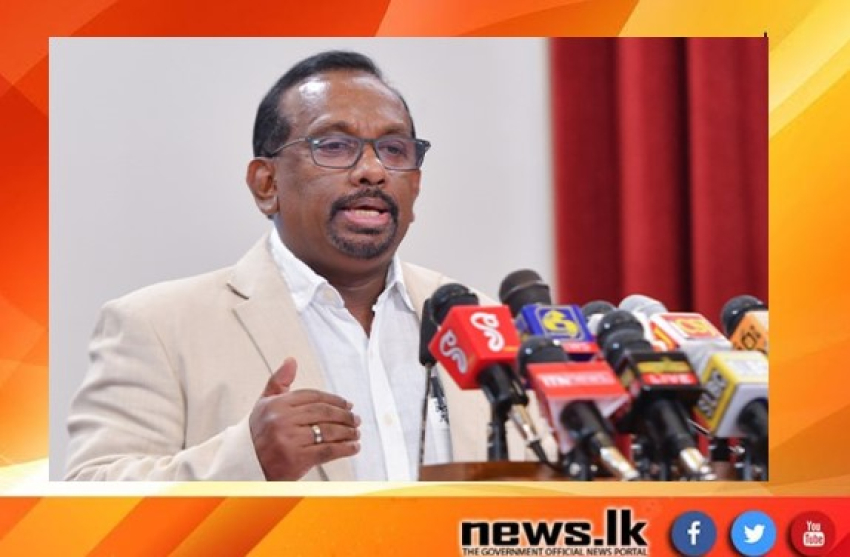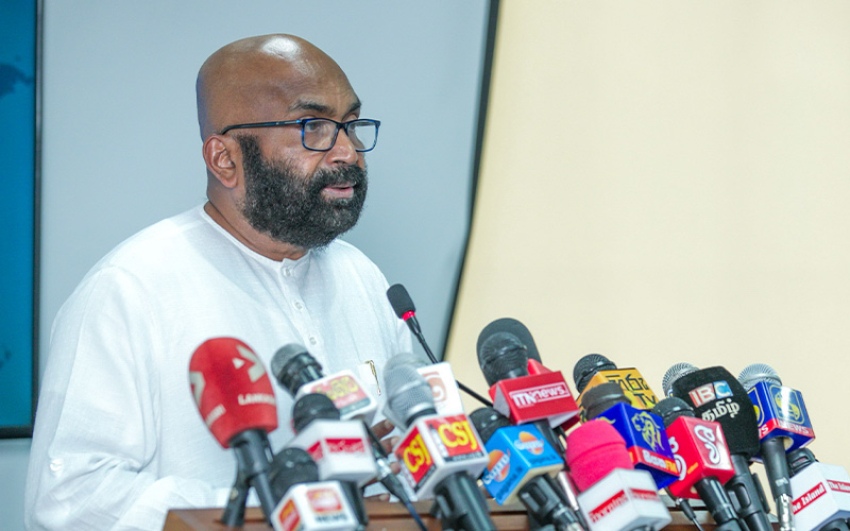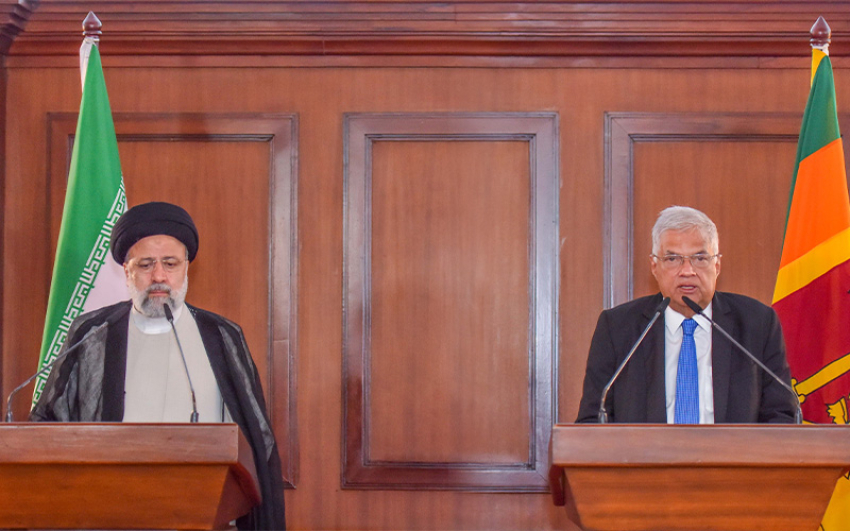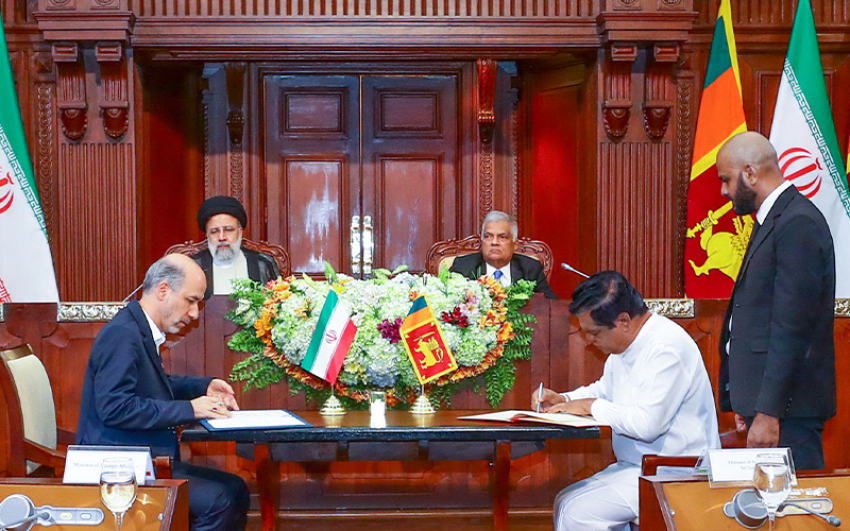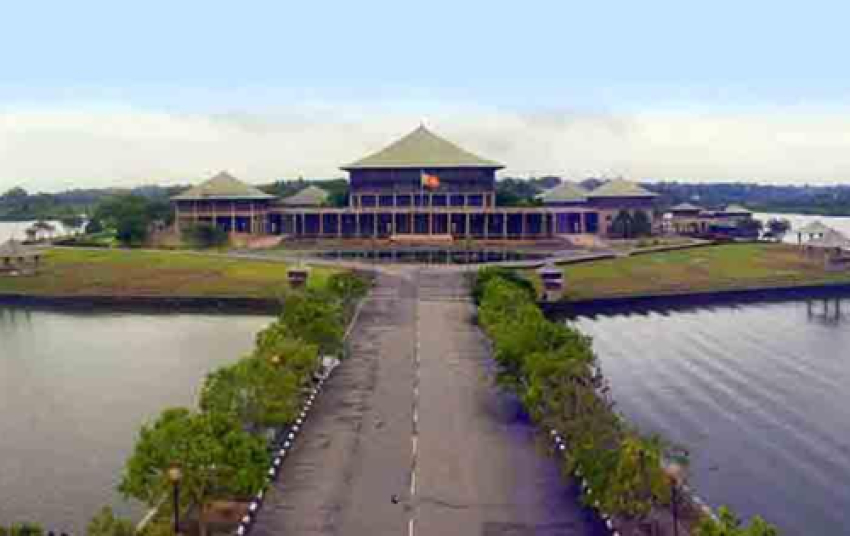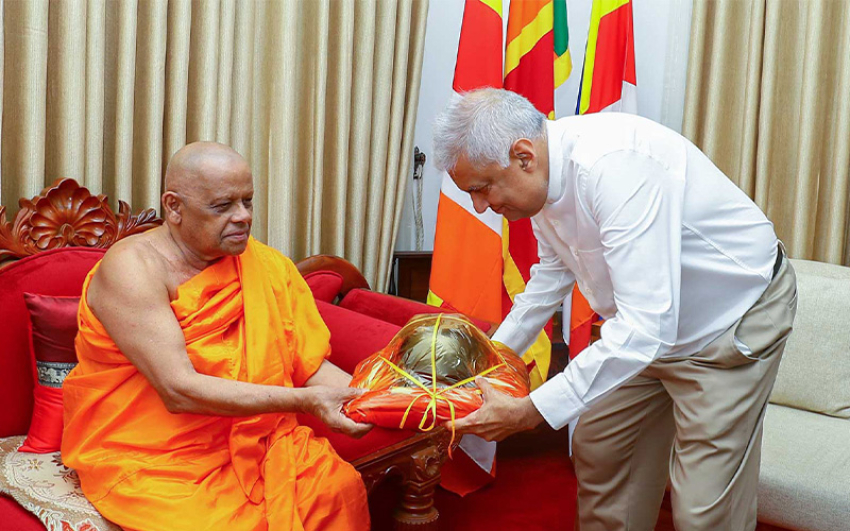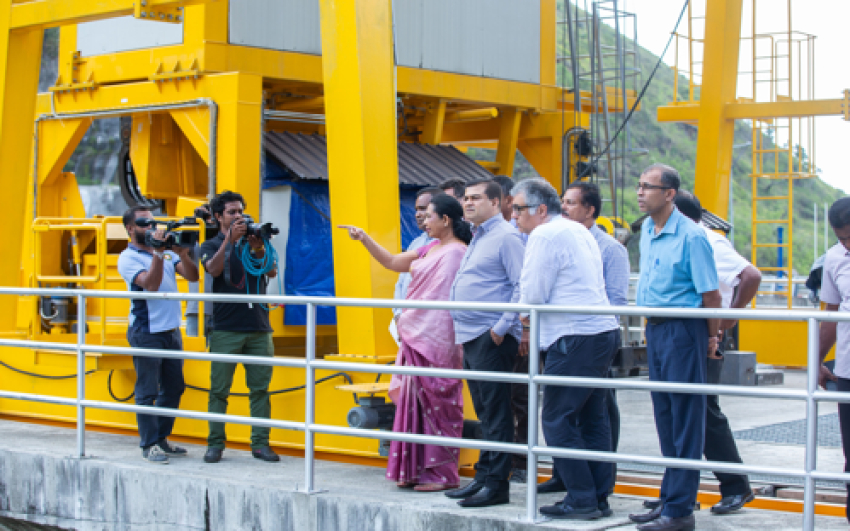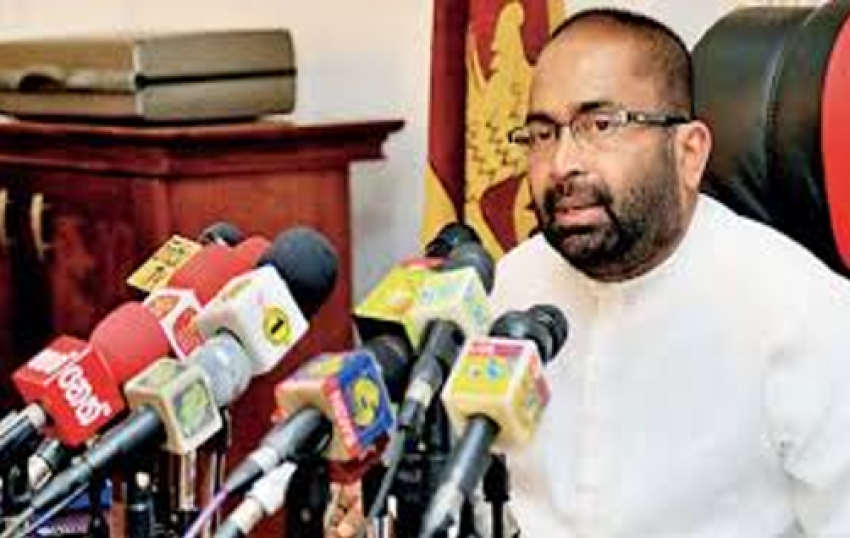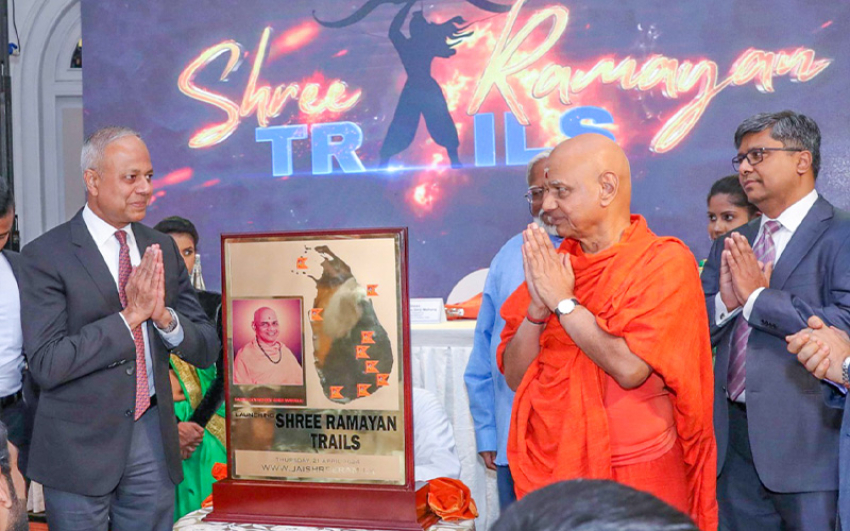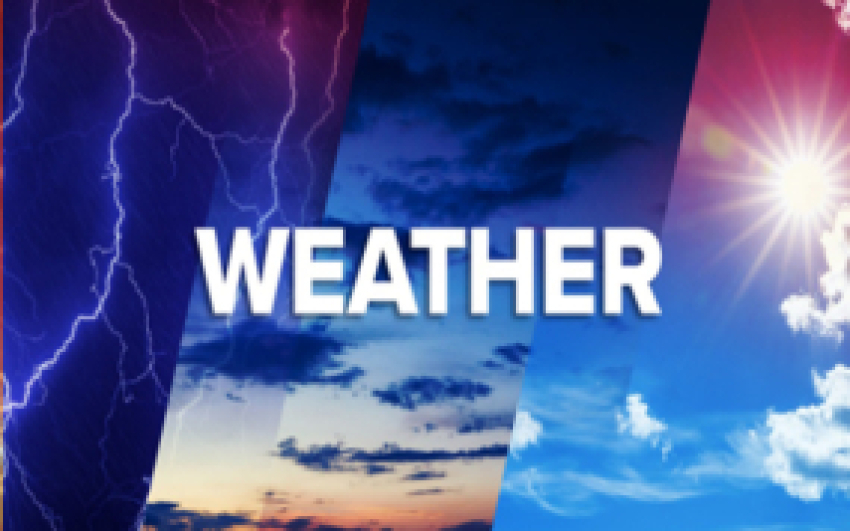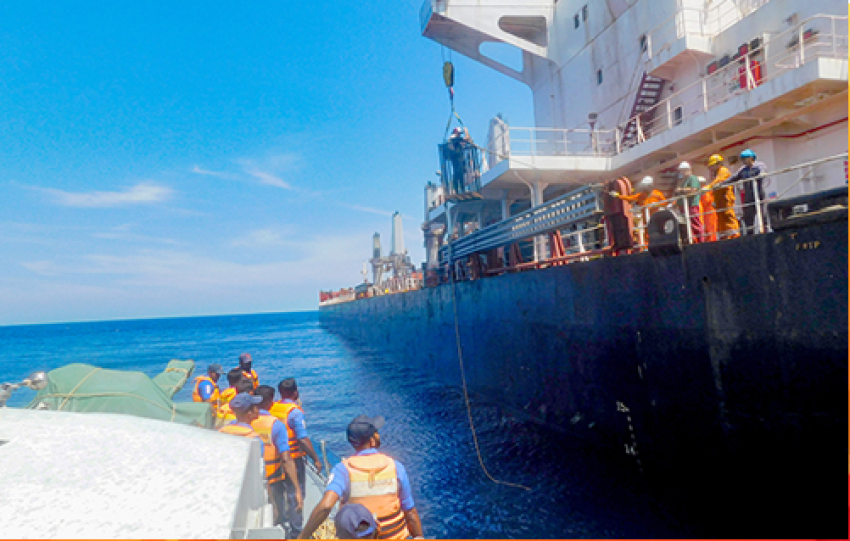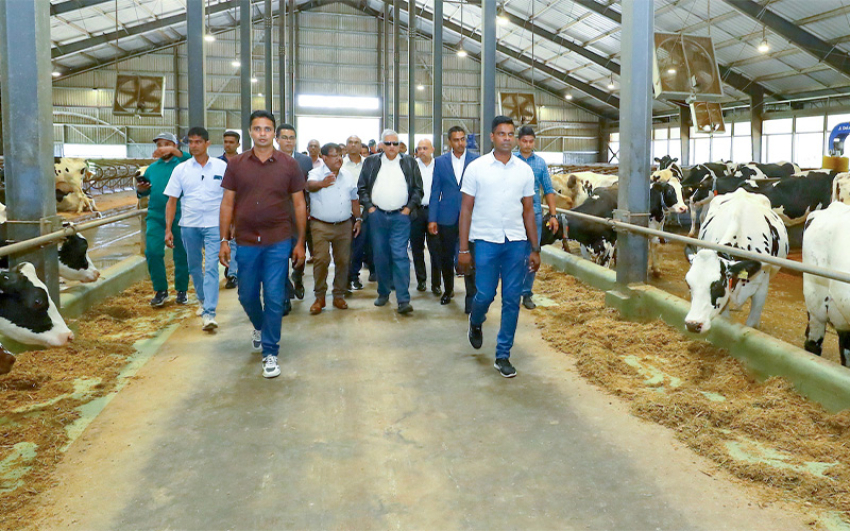The former minister also stressed the importance of the government taking decisive measures concerning officials who are not actively contributing to the growth of the state’s tax revenue.
Mr. Mahindananda Aluthgamage made these statements during his participation in a press conference held yesterday (26) at the Presidential Media Centre, under the theme ‘Collective Path to a stable country.’
Expressing his views further, Mr. Aluthgamage said;
A pivotal meeting took place with President Ranil Wickremesinghe and representatives from the International Monetary Fund. These discussions yielded remarkable results. Today, they are scheduled to update the nation on the progress made in line with the government’s agreement with the International Monetary Fund.
The International Monetary Fund has emphasized three key points in their discussions. Accordingly, the government has committed to reducing inflation to single digits, bolstering foreign reserves and increasing government tax revenue.
Notably, food inflation, which previously stood at 95%, has now dipped to -5%. Overall inflation has decreased from 70% to a mere 2.6%, while foreign reserves have shrunk from 20 million to 4 billion. However, the primary focus of the International Monetary Fund remains on boosting government revenue, primarily due to the fact that 90% of government income is derived from taxes.
The government has set ambitious revenue targets, including Rs. 3101 billion from the Inland Revenue Department, Rs. 1217 billion from Sri Lanka Customs, and Rs. 217 billion from the Excise Department. Unfortunately, the current figures fall short of these expectations, with the Inland Revenue Department collecting Rs. 956 billion, Sri Lanka Customs contributing Rs. 578 billion and the Excise Department generating Rs. 109 billion, totalling only Rs. 1643 billion.
It is apparent that reaching the government’s revenue target is a challenging task. To address this, a committee has thoroughly examined the possibility of attaining the government’s revenue goal. The committee has invited the Inland Revenue Department, Customs and Excise Department, which are the primary contributors to government revenue, to discuss strategies for proper tax collection. Had these institutions implemented effective tax collection plans in 2022, they might have achieved the targeted income.
In 2022, the total number of personal tax files recorded stood at 292,000. Remarkably, in a country with a population of 22 million, this number represents just 290,000 tax files, meaning that only 10% of the eligible taxes have been paid through these files.
Furthermore, there are 105,000 registered companies, but only 15% of them are contributing to tax revenue. Astonishingly, a significant 86% of the government’s revenue is sourced from a mere 494 companies. To manage this critical task, the Inland Revenue Department employs 2,500 individuals, and these 494 institutions account for 86% of the country’s primary revenue.
Addressing irregularities within these institutions could potentially boost revenue by an impressive 500 billion. Notably, the Customs Department faces a daily loss of Rs.1 billion, totalling Rs. 180 billion in losses annually. Similarly, due to inefficiencies and irregularities, the Sri Lanka Customs incurs a yearly loss of Rs. 360 billion, while the Excise Department loses Rs. 60 million each year.
One notable example is the liquor industry, which produces 50 million bottles of liquor monthly, adding up to 540-600 million bottles annually. However, a substantial 40% of this production disappears off the books, with no state tax being collected on it.
In 2018, a sticker unit was introduced to enhance revenue collection. Initially, it led to an increase in government revenue, but it subsequently declined by 40% due to the proliferation of fake stickers. After the Excise Department was summoned before the committee, more than 40,000 counterfeit liquor bottles were seized.
The inefficiencies of these institutions are often attributed to politicians by the public. Therefore, it is crucial to monitor and implement effective programs to enhance government revenue.
The Inland Revenue Department faces the daunting task of collecting Rs. 904 billion in taxes alone. Sri Lanka is unique in allowing individuals to submit four appeals without paying taxes to the government. It takes 15 years to process these appeals, causing significant delays in revenue collection.
Therefore, there is a pressing need to establish a dedicated unit to oversee and regulate these institutions. The committee has submitted a report to President Ranil Wickremesinghe in this regard. Despite the announcement of opening 1 million new tax files after a tax increase, only 10,000 new files are expected to materialize.
Unfortunately, there hasn’t been a noticeable increase in government revenue. Several major institutions and businessmen in the country escape the scrutiny of the Inland Revenue Department and evade paying taxes. It is imperative for the department to develop a comprehensive program to address these issues.
Government revenue plays a vital role in providing subsidies, funding development activities and paying government employee salaries. The Inland Revenue Department should reconsider its approach to boosting tax revenue and it is high time for the government to take decisive action to rectify the tax collection system’s shortcomings

